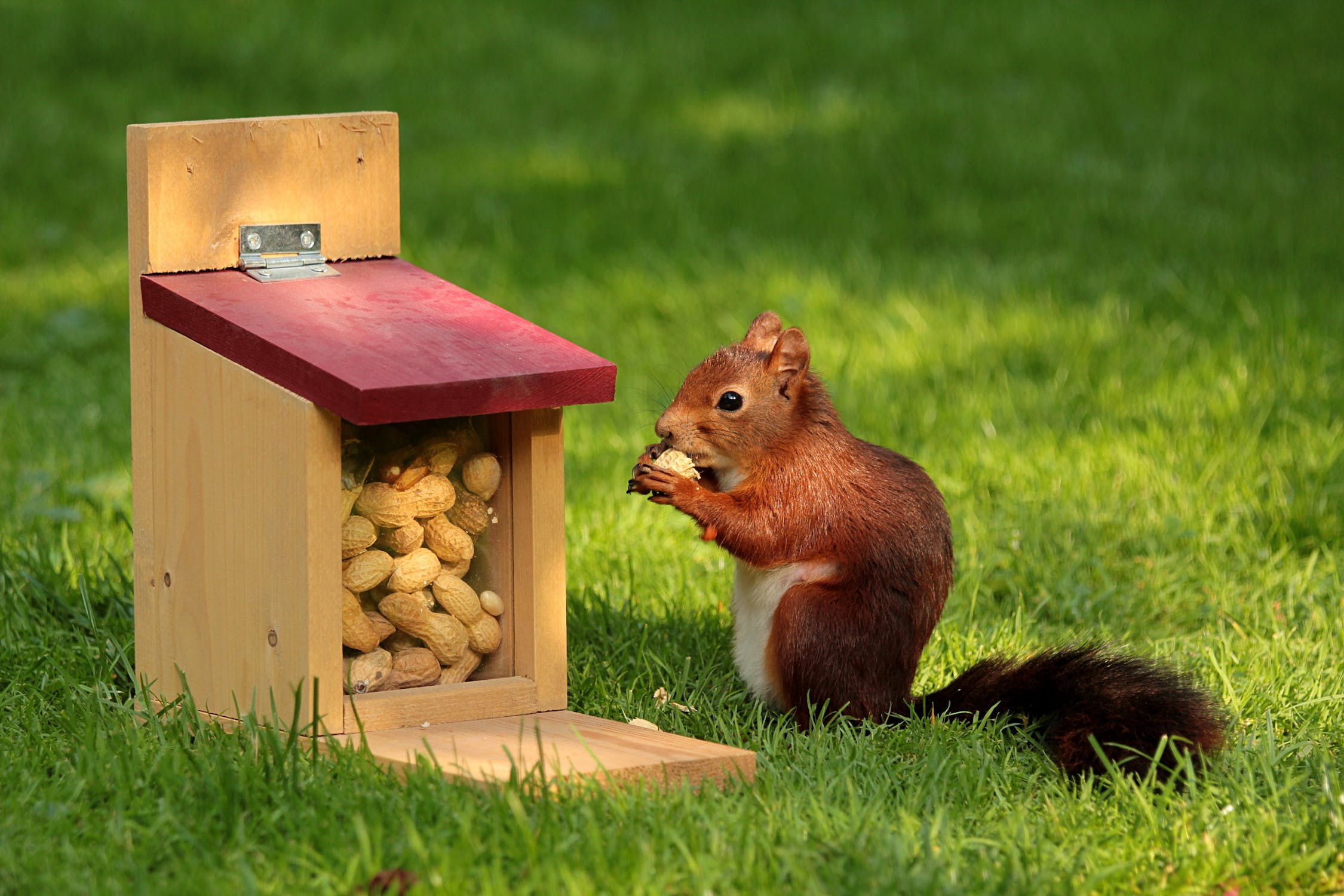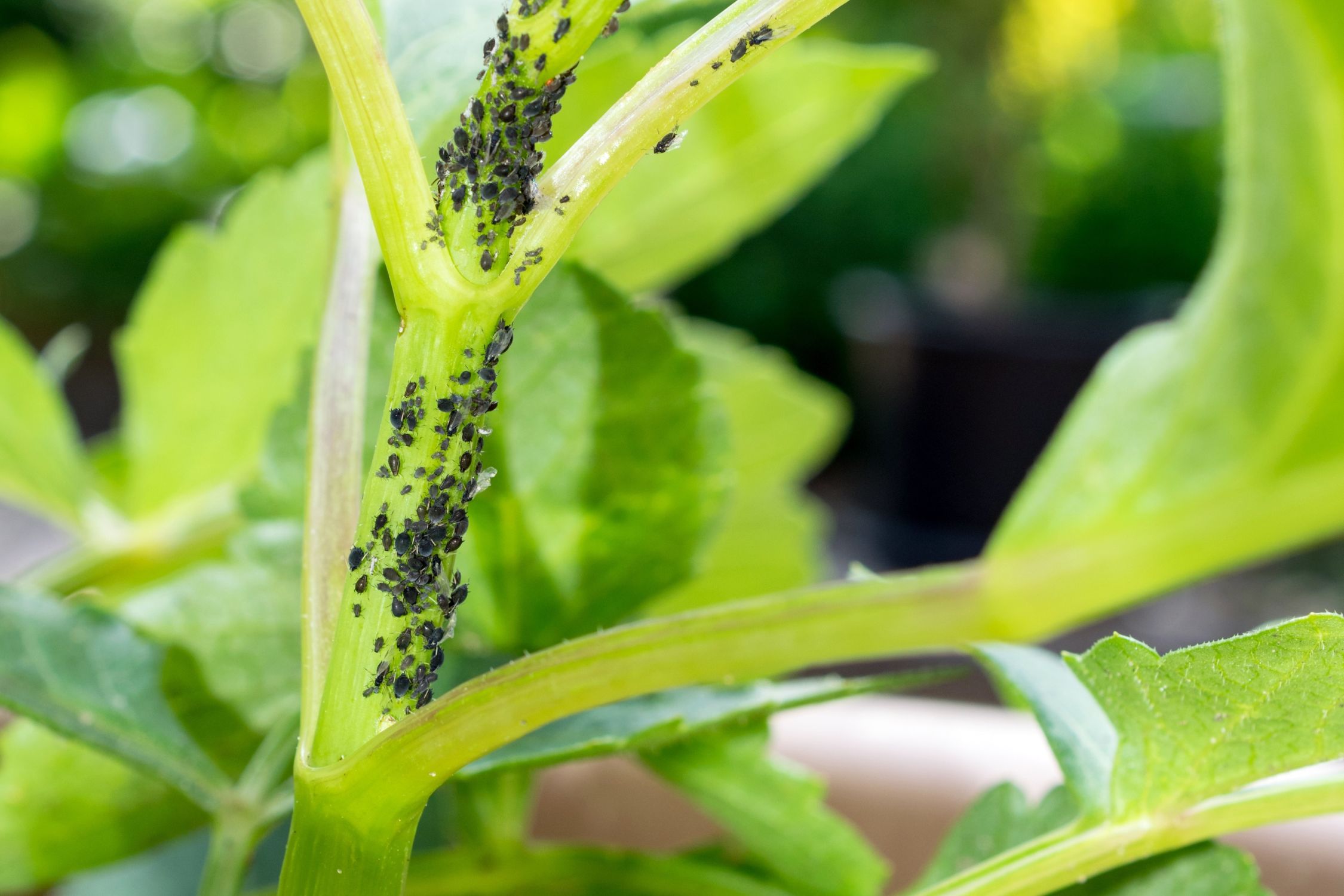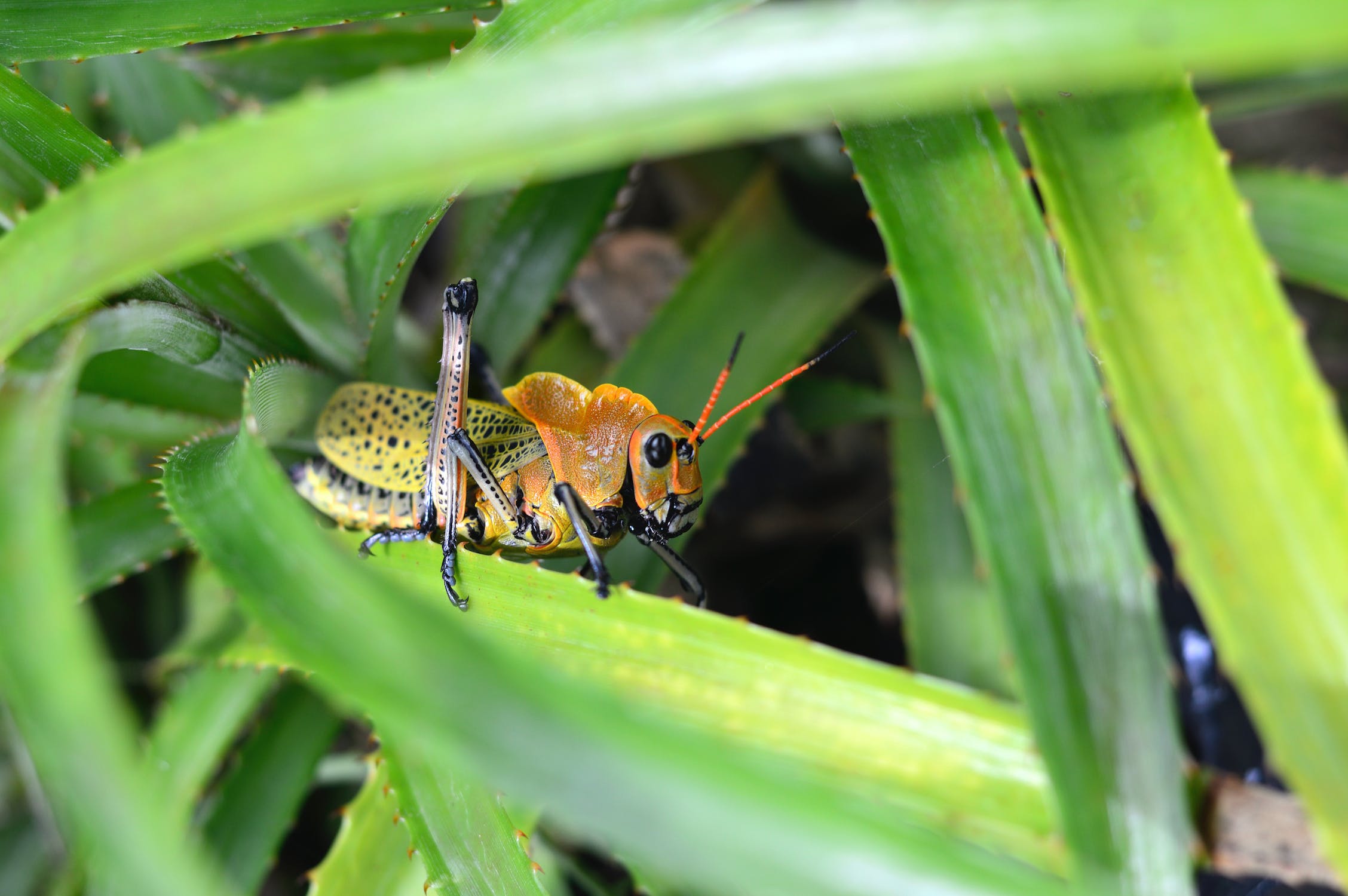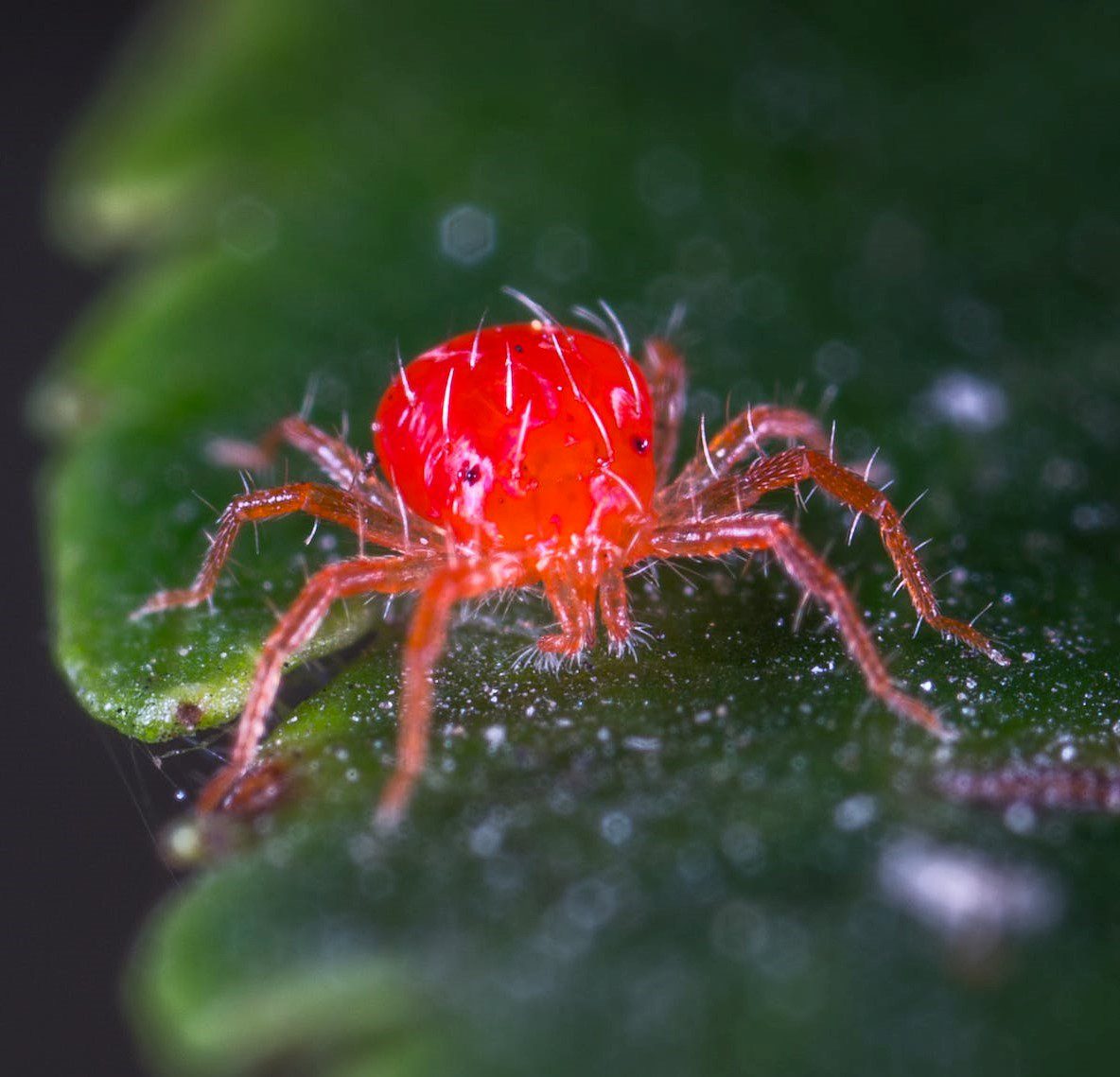Why Squirrels Dig in Your Garden and Effective Ways to Deter Them

Why Squirrels Dig in Your Garden and Effective Ways to Deter Them. Gardens are sanctuaries of beauty and growth, but they’re not immune to the curious habits of wildlife. Among the most common culprits of garden disturbances are squirrels, those nimble and energetic creatures that often leave a trail of dug-up earth in their wake. If you’ve ever wondered why squirrels dig in your garden and how to prevent their antics, this article is your guide to understanding their behavior and finding practical solutions to maintain your garden’s tranquility.







